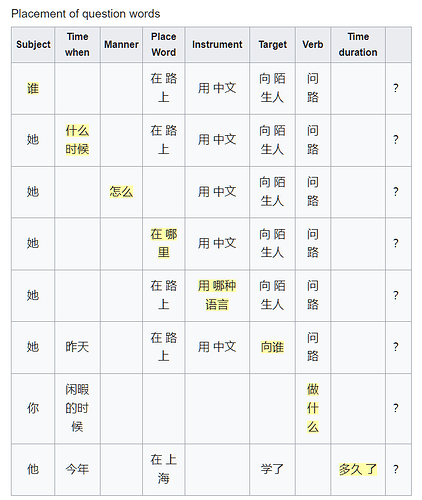Day 39 here, also starting from scratch! 
I found “Who Is She?” to be absolutely perfect for gaining a toehold in Chinese. The reason is that the story and vocabulary build on each other, which is built-in repetition. The story is also complex enough and has enough surprises to be interesting. I focused on one lesson per day and really spent a lot of time with it.
For the first 15-20 lessons, I kept up with the review every day. After that, I started doing some review at the end of each lesson but shifted time away from reviewing cards and towards just reading new material. So far, this seems to be working well.
When I feel like it and have extra energy, I also mix in ministories here and there. They’re bite-sized and useful.
For the last couple weeks, I’ve been importing graded readers from Mandarin Companion. I’ve finished three Breakthrough Level (150 characters) books and just completed The Monkey’s Paw (Beginner 1, 300 chars) last night. They go slowly at first, but it really speeds up once you get over the initial hump and by the end of the book lookups are rare.
I’m focused mostly on reading for now and getting used to the characters. I listen in the car and when I’m doing other things. I can hear most of the words, but can’t convert the words to meaning fast enough yet. Plan is to work on speaking and writing later.
That said, I do spent a good bit of time and energy on learning tones and tone pairs, as well as distinct pronunciation of similar initials (e.g. z, zh, ch, q, c, ch). Goal is for my internal “reading voice” to have at least decent pronunciation.
Don’t take this as any kind of expert advice. I’m really just making it up as I go. That said, I’m quite surprised and pleased with progress so far. Best of luck, and most of all have fun!
![]()
